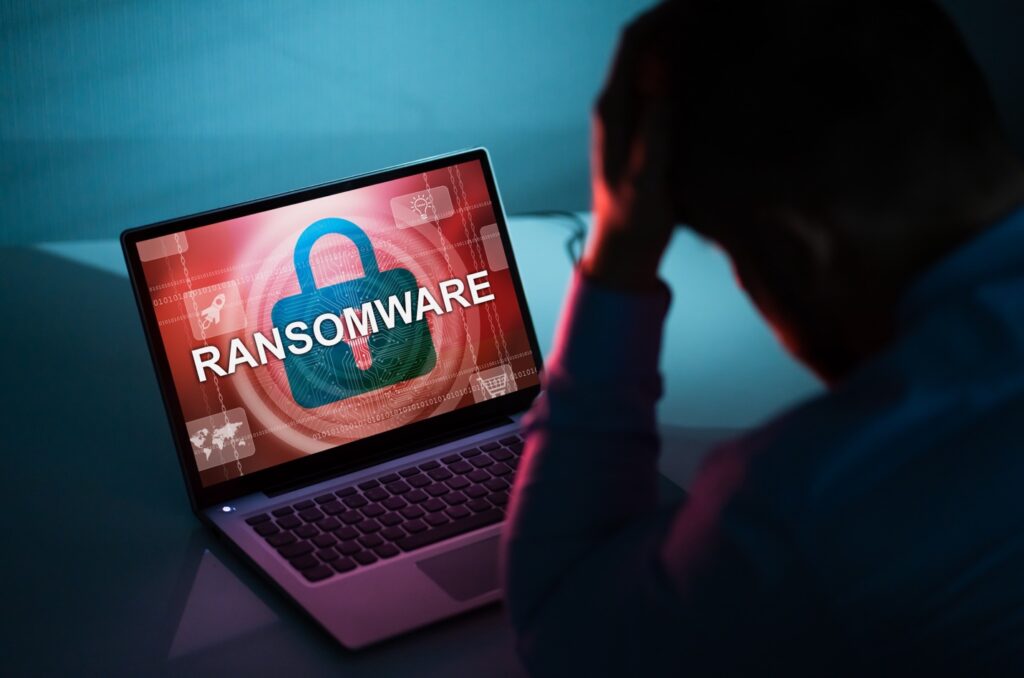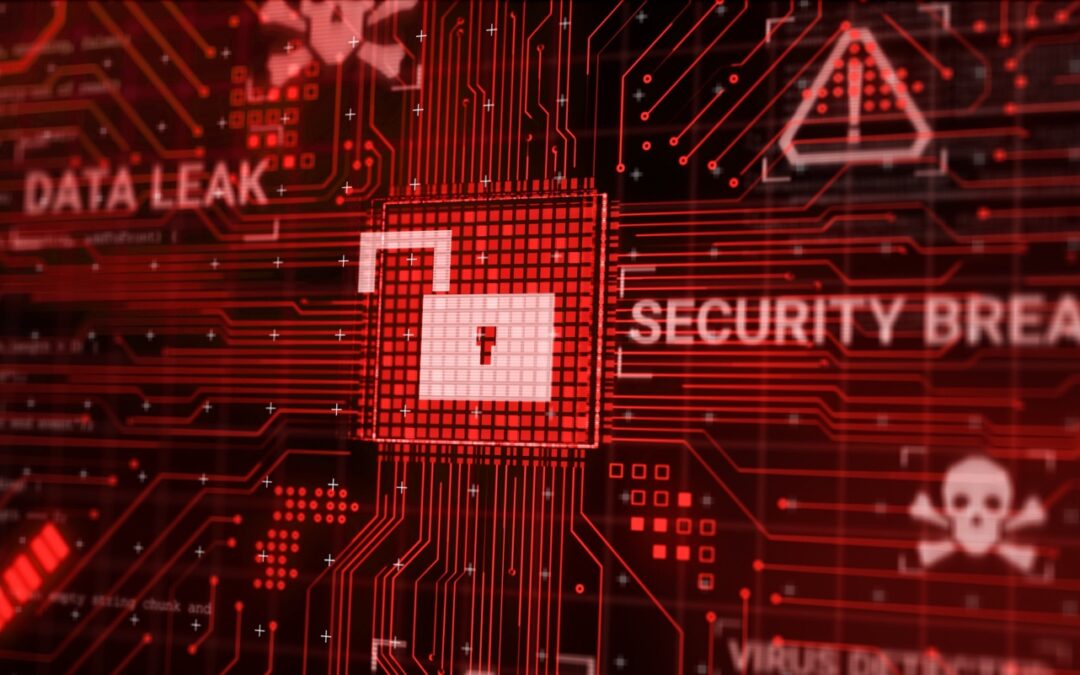Security breaches are a major issue in the digital age. With access to information and data stored on computers, drives, and other digital media, those with malicious intent can take advantage of unsuspecting users and businesses. Sadly, most small businesses would not survive after a successful security breach. Thankfully, there are some straightforward things business owners can do to protect their biggest investments.
To protect yourself from these security threats, it’s important to understand what types of attacks exist and how you can guard against them. From malware scanning to the physical security of your hard drives, strong security requires vigilance and a multi-faceted security posture.
The Downside of a Security Breach for a Business

Financial costs
When a security breach occurs, businesses are likely to face a variety of expensive and damaging repercussions. One of the most significant issues is the financial costs associated with a security breach. From paying for remediation services for damage control to rebuilding data or lost information, the financial costs of a security breach can be immense.
Reputational costs
In addition to financial losses, businesses may also experience reputational damage following a security breach. Even if they have taken measures to regain control after an attack, customers may not trust their operations and could potentially take their business elsewhere.
Legal exposure and risks
Finally, legal risks are a key concern when it comes to handling a security breach effectively. A breach can create legal issues including litigation and penalties if not handled appropriately.
Five Common Cybersecurity Breaches
The best place to start in securing your business is by addressing the following common types of breaches. Doing so will put your business on an excellent footing to protect itself against bad actors.
Ransomware
Ransomware is a form of malware that encrypts or locks-down a user’s computer or device and demands payment in order for access to be restored. Protect against this threat is by regularly updating your software and using antivirus protection. An encrypted backup also insures that if an attack does occur, you have a backup of your data.
SQL Injection Attack
A SQL injection attack takes advantage of vulnerabilities in databases to gain access to sensitive data. To prevent this, you should use secure coding practices, use encrypted connections when working with databases, and regularly update your software to fix any potential vulnerabilities. Encrypted SSDs or hard drives can add additional protection against an SQL injection attack.
Malware Attack
Malware includes viruses, worms, Trojans, and other malicious programs that can be used to steal or damage data. To guard against malware attacks, it’s important to keep all software up-to-date, use antivirus protection software regularly, and avoid clicking on suspicious links or downloading unknown programs from the internet.
Phishing
Phishing is a type of attack that attempts to trick users into revealing sensitive information such as usernames or passwords. To guard against this threat, you should be wary of emails from unknown sources, never click on suspicious links, and always make sure the website you’re entering your personal information into is secure.
Man-in-the-Middle Attack
Finally, man-in-the-middle attacks are a form of attack where an attacker intercepts communications between two parties in order to gain access to sensitive data. The best way to protect yourself against this attack is by using encryption whenever possible and ensuring that all communication channels are secure.
How to Prevent Common Types of Security Breach

There is no single solution for securing your business against these attacks. Good security requires a holistic strategy of physical, technological, and human resources.
Physical Security
Physical security is an often-overlooked component of a comprehensive cybersecurity strategy. It involves protecting technology environments from physical threats such as theft, vandalism, or natural disasters. When it comes to securing servers and hard drives, physical security measures are essential for protecting sensitive data.
The use of locked doors and other physical barriers as well as cameras and motion detectors are a necessary yet regularly ignored part of security.
Ensure that all equipment is properly labeled and tracked to ensure that only authorized personnel have access to it. Create a secure inventory management system to know exactly what hardware always exists in the organization and who has access to it.
Software Updates and Patches
Software updates and patches are vital for protecting against security threats. By regularly updating all hardware, software, networks, and other systems in use by a company, any potential vulnerabilities can be fixed quickly before they can be exploited.
Employee Training
Employee training is essential in helping to keep businesses safe from cybersecurity attacks. Train employees to identify suspicious links or emails as well as how to handle confidential data. Also train employees on general cyber hygiene such as using strong passwords and avoiding public Wi-Fi networks when accessing sensitive data.
Firewalls and Network Monitoring
Firewalls can help block malicious traffic from entering your network while network monitoring can detect suspicious activity that may otherwise go unnoticed. Having a system in place for monitoring your network will help ensure that a breach is detected as quickly as possible so that it can be addressed appropriately.
Anti-Virus and Anti-Malware
Anti-virus and anti-malware solutions scan your system for viruses or malware that could potentially cause harm to your data or systems if left unchecked. Additionally, having an anti-virus program running at all times will help ensure that any new viruses or malware installed on your computer are detected immediately so they can be removed before damage is done.
Remote Backups and Disaster Recovery
Finally, businesses should back up their data regularly on encrypted SSDs or hard drives so that it can be recovered quickly in the event of a disaster or attack. Encrypted SSDs and hard drives provide an additional layer of security should someone gain access to the drive itself.
In addition to using a secure backup system, these backups should also be stored offsite in a physically protected environment such as a safe deposit box or cloud storage provider to further decrease the risk of loss in the event of an emergency.
Holistic Security is Good Security

By understanding common security breaches and taking steps to prevent them, you can ensure that your business and tech environment are protected from potential threats. This includes regularly updating your software, using antivirus protection, avoiding clicking on suspicious links and emails, using encryption whenever possible, and backing up your data in case of an attack.
To better understand how DIGISTOR can provide the foundation for great security in your business, contact us today.


Recent Comments